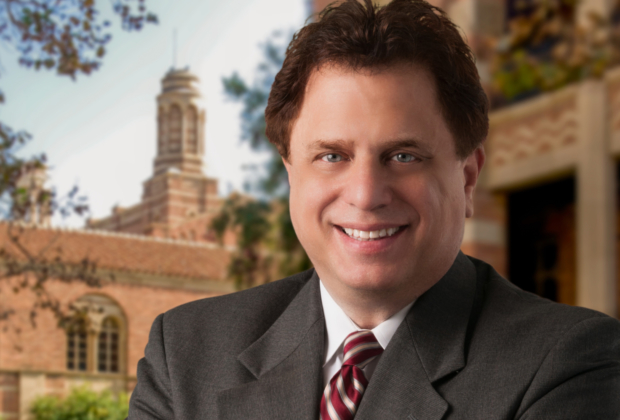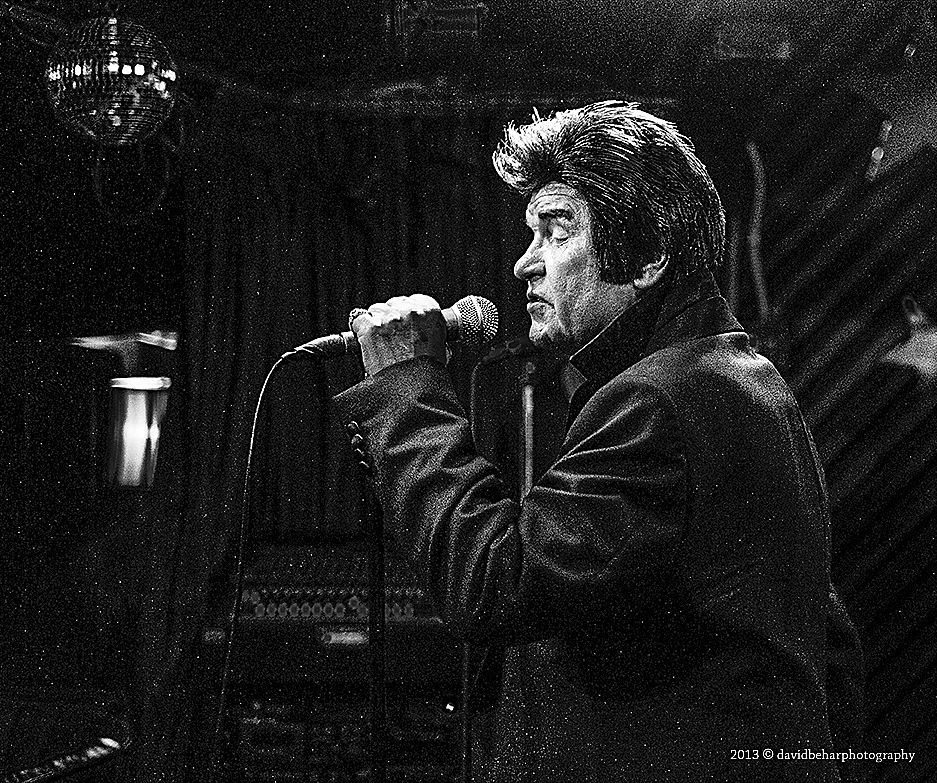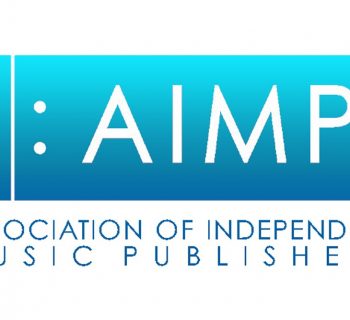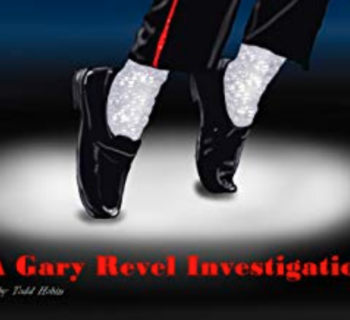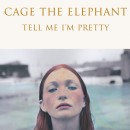The 100 million dollar lawsuit the estate of Michael Jackson filed against HBO is now on appeal to the Ninth Circuit Court of Appeals. The case relates to a four-hour documentary HBO aired, called Leaving Neverland, about child abuse allegedly committed by Jackson to James Safechuck and a well-known choreographer, Wade Robson. The film was released in 2019 and at that time the estate called it a “public lynching.”
Safechuck and Robson claim that Jackson molested them during sleep-overs at Jackson’s Neverland Ranch in Los Olivos, Santa Barbara County, CA. These alleged acts occurred in the ’80s and early ’90s. The estate (and Jackson before he died) have always vehemently denied these claims.
In 2019, a lower court judge granted the estate’s request to refer the case to arbitration. In November of 2020, HBO asked the court of appeals to reverse this ruling and dismiss the lawsuit.
In the lawsuit, the estate claims that Robson and Safechuck have made up these claims for financial reasons, and the estate claims that both of them have denied the claim in the past. In fact, Robson was an important witness in Jackson’s 2005 trial on molestation charges where he testified that he was never molested by Jackson.
Attorneys for the estate contend that in 1992, Jackson was able to negotiate a “Non-Disparagement” provision in his contract with HBO for the Dangerous tour concert film. Such a provision would prevent HBO from disparaging Jackson’s public image by such acts as airing the Leaving Neverland documentary. The estate argued that Jackson was able to negotiate such a provision because he was the biggest star in the world at the time. HBO counters that the current dispute about the documentary is distinctly separate from the 1992 contract. The three-judge panel of the 9th Circuit seemed somewhat receptive to HBO’s contention that the 1992 agreement was “far afield” from the Leaving Neverland lawsuit.
HBO attorney, Theodore Boustrous, requested that the court dismiss the complaint because, he argued, the non-disparagement agreement is not a never-ending limit on HBO’s First Amendment rights. Boustrous stated, “That is on its face absurd. There is nothing that suggests HBO intended that.” HBO argued that the estate filed the lawsuit as a “publicity stunt.”
The Jackson estate argued that Jackson “had been the subject of some extremely ridiculous tabloid reporting. It is not crazy he would want that in an agreement.”
The Jackson estate is also attempting to stop Leaving Neverland director Dan Reed from shooting a sequel that would cover Robson and Safechuck’s legal actions against the estate.
Many judges, in general, look favorably on sending cases to binding arbitration. It helps relieve court congestion and is sometimes less expensive and time consuming for the parties. Although appeals are often an uphill battle, we will just have to wait and see how the 9th Circuit rules.

